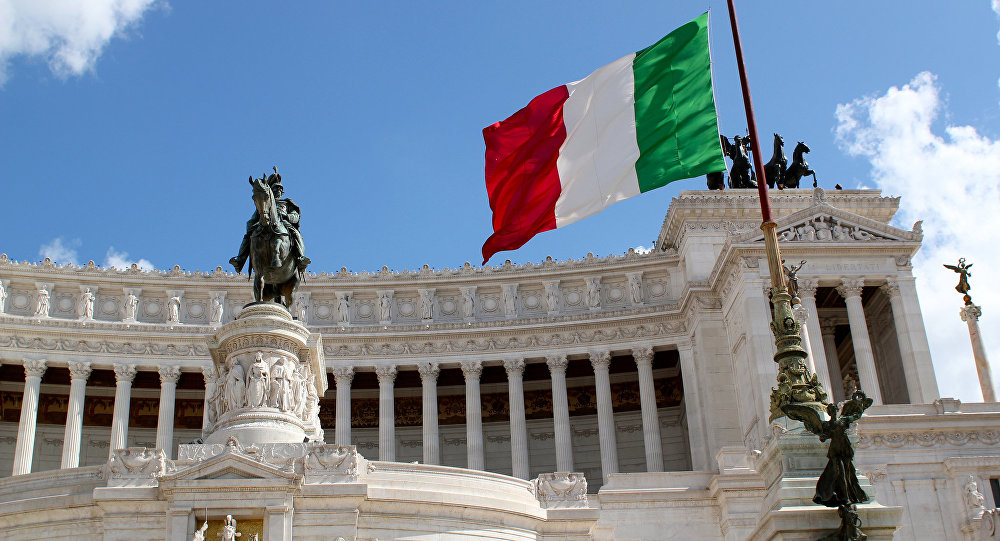Italy’s Central Bank Prepares Crypto Regulations Under EU’s MiCA Framework
09.07.2024 19:00 1 min. read Alexander Stefanov
Italy's central bank is gearing up to enforce the MiCA regulation, aiming to uphold the stability of the payment system.
This pivotal step will include forthcoming guidelines clarifying the application of new rules, marking a transformative phase for Italy’s crypto landscape.
Governor Fabio Panetta, addressing the Italian Banking Association (ABI), highlighted the significance of maintaining a secure payment system.
According to Reuters, MiCA categorizes electronic money tokens (EMTs) and asset-reference tokens (ARTs) as valid payment forms. EMTs are linked to a single official currency, while ARTs depend on underlying assets.
Panetta emphasized that EMTs, issued by banks or electronic money institutions, are crucial for maintaining public trust in payment methods.
This move underscores Italy’s commitment to integrating crypto assets into traditional finance, ensuring transaction reliability amid growing cryptocurrency adoption.
-
1
FCA Considers Opening Crypto ETNs to UK Retail Investors
07.06.2025 9:00 2 min. read -
2
Russia Hits Pause on Expanding Crypto Mining Restrictions
07.06.2025 11:00 1 min. read -
3
U.S. State of Connecticut Blocks Crypto from Public Sector Operations
12.06.2025 16:00 1 min. read -
4
Vietnam Charts a Clear Course for Digital Assets With New 2026 Law
16.06.2025 18:00 1 min. read -
5
Federal Reserve Clears Path for Banks to Enter Crypto Market
24.06.2025 8:00 2 min. read
Turkey Targets Crypto Crime With New Withdrawal Delays and Transfer Limits
Turkey is preparing to roll out a series of strict crypto regulations aimed at curbing financial crimes tied to illegal gambling and online fraud, according to new comments from Finance Minister Mehmet Simsek.
Japan Plans Major Crypto Reform with New Tax Rules and ETF Access
Japan is preparing to dramatically reshape its cryptocurrency regulations, with officials drafting a proposal that would reclassify digital assets and streamline their tax treatment.
Federal Reserve Clears Path for Banks to Enter Crypto Market
In a significant policy shift, the U.S. Federal Reserve has quietly removed reputational risk as a factor in evaluating banks, a move that could make it easier for financial institutions to offer cryptocurrency services without fear of regulatory backlash.
Europe Takes the Lead in Crypto as U.S. Stalls on Regulation
Europe is emerging as the new global crypto hub, propelled by its MiCA regulatory framework, which is attracting investors and platforms alike.
-
1
FCA Considers Opening Crypto ETNs to UK Retail Investors
07.06.2025 9:00 2 min. read -
2
Russia Hits Pause on Expanding Crypto Mining Restrictions
07.06.2025 11:00 1 min. read -
3
U.S. State of Connecticut Blocks Crypto from Public Sector Operations
12.06.2025 16:00 1 min. read -
4
Vietnam Charts a Clear Course for Digital Assets With New 2026 Law
16.06.2025 18:00 1 min. read -
5
Federal Reserve Clears Path for Banks to Enter Crypto Market
24.06.2025 8:00 2 min. read


